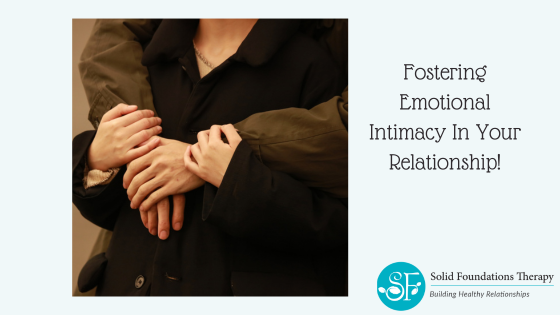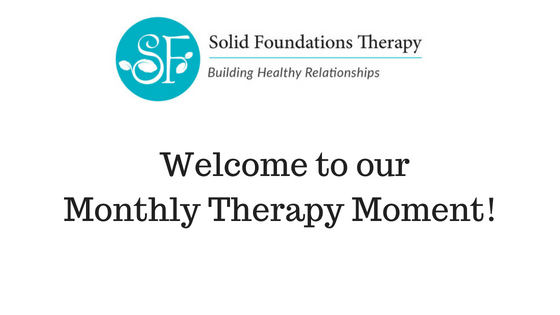Fostering Emotional Intimacy In Your Relationship
Let’s start with a little normalization: most couples who sit on my couch (or screen) are not there because they don’t love each other. They’re there because something feels off. The conversations feel shallower. The laughter comes less easily. The sense of being truly known by your partner feels… fuzzy.
That fuzzy feeling often comes down to emotional intimacy…
ACCEPTS: A Simple Tool to Manage Overwhelming Emotions! ( Video)
In this month's Therapy Moment, Sarah Davidson, MFT, LPC provides a great acronym to keep in mind when you are feeling overwhelmed or are dealing with a stressful moment in life!
Coping with Grief and Loss: Navigating the Journey of Healing
Grief is one of the most complex emotional experiences we face as human beings. Whether it follows the death of a loved one, the pain of separation, or the loss of one’s home or sense of belonging due to immigration, grief changes not only how we feel — but also how our brains function.
Grief impacts individuals and families on emotional, relational, and biological levels.
Afrontando el Duelo y la Pérdida: Navegando el Camino de la Sanación
El duelo es una de las experiencias emocionales más complejas que enfrentamos como seres humanos. Ya sea que surja por la muerte de un ser querido, el dolor de una separación o la pérdida del hogar o del sentido de pertenencia debido a la inmigración. El duelo no solo cambia cómo nos sentimos, sino también cómo funciona nuestro cerebro.
El duelo impacta a las personas y a las familias en niveles emocionales, relacionales y biológicos. Sanar una pérdida no es un proceso lineal; es una reorganización gradual de cómo nos relacionamos con nosotros mismos, con los demás y con el mundo, después de que algo significativo ha cambiado o desaparecido.
Capacity vs. Capability: Why the Difference Matters. (video)
In this month's Therapy Moment, Maggie, Zofkie, LCPC, provides some great tips on recognizing the difference between your capability vs capacity when completing tasks and feeling pressure to get everything on your to do list done!
Protective Factors: Building Our Resilience One Brick at a Time
Let’s be honest—life can throw some serious curveballs. Whether it’s an unexpected loss, a stressful job, or the 57th time you’ve had to reset a forgotten password (why isn’t “password123” good enough?!), we all face challenges that can shake us up. But here’s the good news: while we can’t always control what happens to us, we can strengthen the things within us and around us that help us stay steady through it all.
These things are called protective factors
Stop the Spiral: How Transparency Heals Betrayal.
After betrayal, silence can feel like safety — but it only feeds doubt. When you offer up information before your partner has to ask, you show accountability, awareness and transparency.
This small act can slow down the spiral of suspicion and start rebuilding trust. Healing takes consistency, honesty, and compassion — not perfection.
In this month's Therapy Moment, Robyn Ashbaugh, LMFT explains the importance of sharing as much helpful information with your partner regarding the betrayal at once rather than holding back and waiting for them to find out over time.
Learning to Live After Loss: What Grief Taught Me About Heartbreak and Healing.
When my mom passed away in October, years ago, I was legally an adult, emotionally raw and completely unprepared. Until then, I thought “heartbreak” was something that only came from romantic loss — crying in your car to sad music over a crush who didn’t text back. But losing my mom taught me that heartbreak can also come from something much deeper: the absence of someone who helped shape your entire world.
That loss was my first crash course in grief
The Spiritual Side of Wellness! (video)
Wellness isn’t just about the body — it’s about the spirit too. When your faith and heart align, healing begins within.









